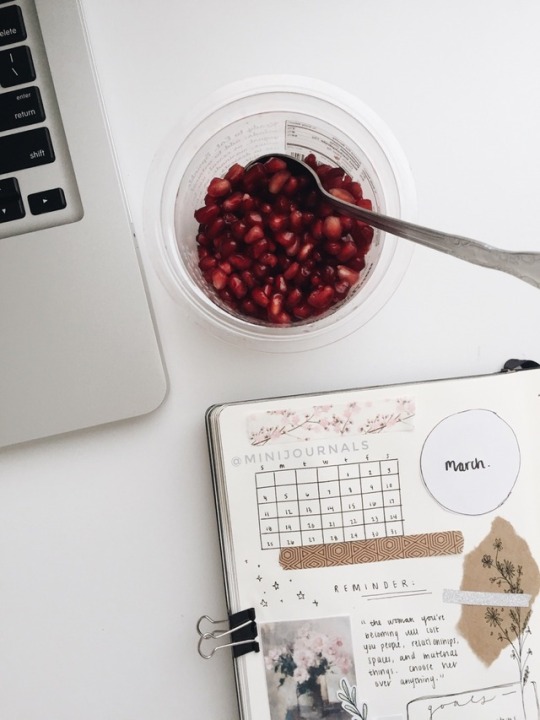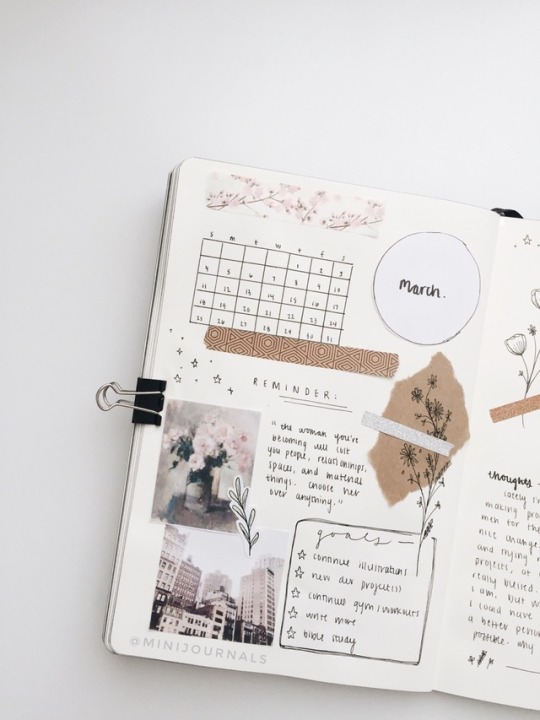my name is euge 21 years old studying: Graphic Design in Buenos Aires I´m a complete mess i lost my bullet journal and i found it again my first language is spanish so if you see any badspelling or something, just tell me ♥ i follow from my main blog
Don't wanna be here? Send us removal request.
Text


9.9.18 - finishing up homework! 💞 Writing a not-so-quick analysis for Baudrillard’s “The Percession of Simulacra” essay. Quite confusing at first, sort of like wading through a pool of waist-high jello for fourteen pages.
listening to 🎧 - WAKE ME UP - B.A.P
98 notes
·
View notes
Photo
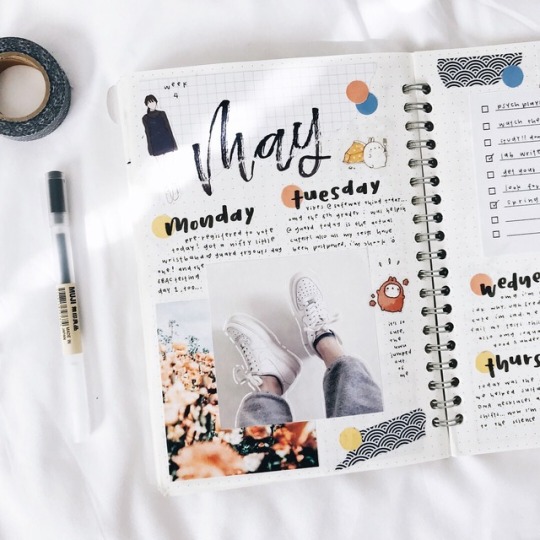
june 12, 2018 hey sorry for ghosting!! im back and hopefully ill be more active!! here’s a photo of a spread from a few weeks ago!! taken from my instagram!
5K notes
·
View notes
Photo

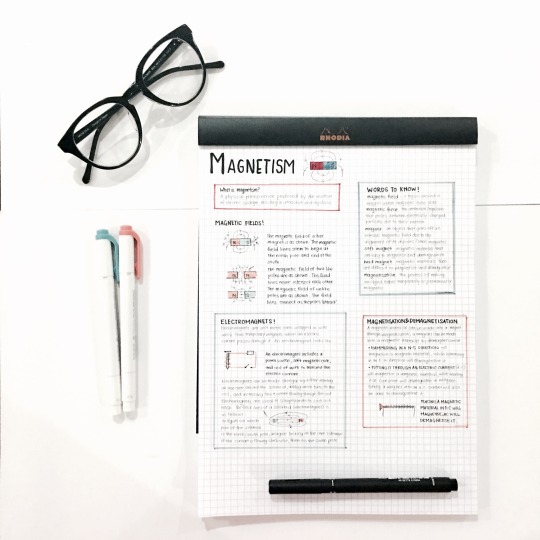
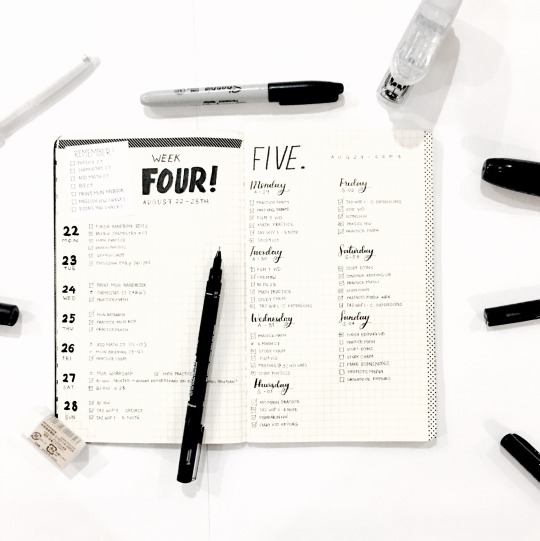
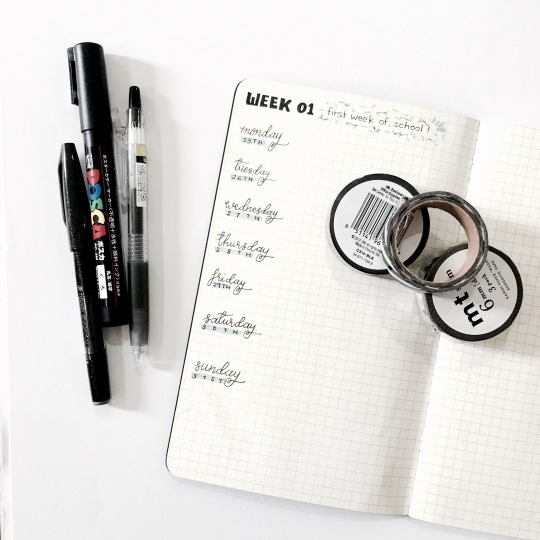
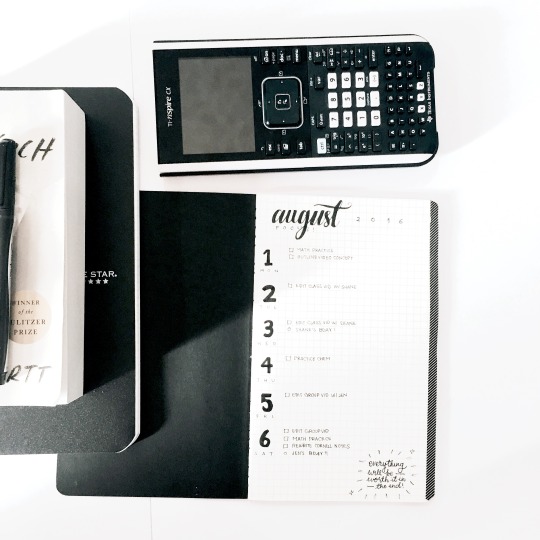
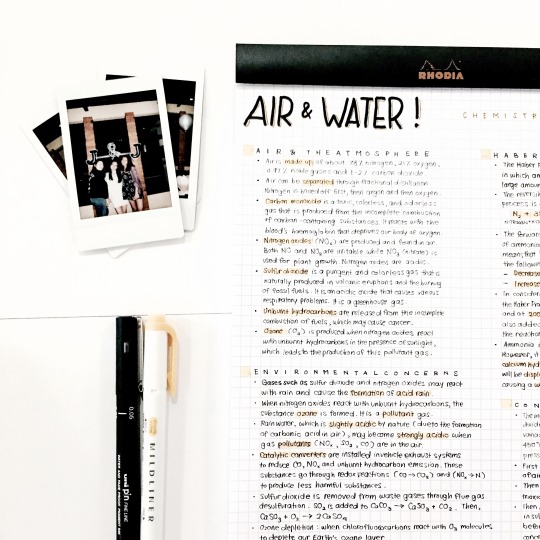
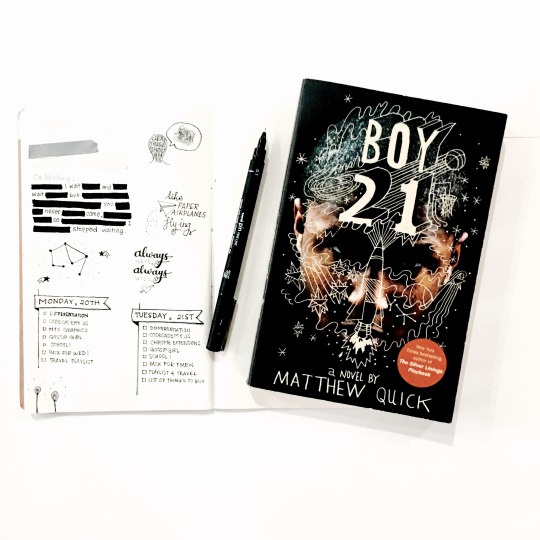
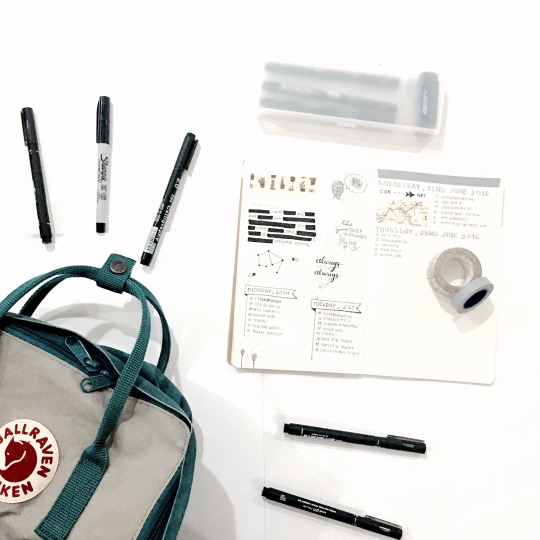
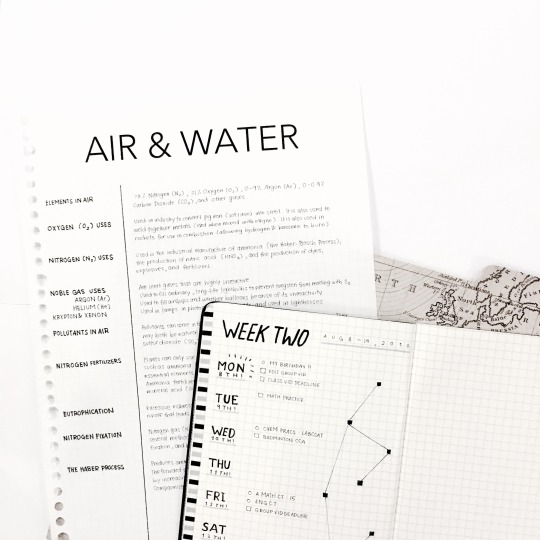
studying + white // more on my studygram!
14K notes
·
View notes
Text
10 Steps to Reaching your Full Academic Potential
Always get feedback, whether that be on essays, exams, homework or your general performance. In all cases, especially those where you can’t obtain formal feedback {i.e. from receiving a graded essay or test back}, arrange to meet with your tutor to discuss your progress.
Study efficiently. Pay attention to when you study best {morning or night?} and where you study best. Work on a schedule that falls around that. When you study, give it 100% and don’t give in to menial tasks {such as checking social media} that will break your concentration. Do this on a planned break.
Form good habits. Get roughly the same amount of sleep each night from the same hour at night to the same hour in the morning, if you can. Drink plenty of water. Like I said, take breaks. Study daily, even for a short amount of time if that is all you have.
Set yourself deadlines and stick to them. If you can, start your homework/assignments as soon as you get them, and if they’re longer ones, set goals along the way.
Fail to plan, plan to fail. A teacher once told me that, and it resonates in my mind even ten years on. It is not wise to write an essay or assignment in your head as you go along. Give yourself a structure and brainstorm ideas, no matter how brief or comprehensive this is.
Study actively. Don’t write and rewrite notes over and over. Get the information in to your long term memory through active recall {testing yourself}, making visual aids {mind maps/diagrams} and teaching others.
Anticipate a certain degree of disappointment somewhere along the way. Even the brightest minds will falter, and understandably, this might knock your confidence or your motivation. Allow yourself to build on those errors in time for your next assessment - let that motivate you. Making mistakes is inevitable, but not making the same mistake twice is key.
Enjoy what you do. Take classes that interest you, and aim to develop a knowledge of that subject which is well-rounded and comprehensive. Taking the extra steps to immersing yourself in your studies will not only make the process easier, but you’ll gain motivation through your inquisitiveness and desire to learn.
Treat your studies like a full time job - that is what they equate to in most cases. Take breaks and know your limits, but remember that if your input is minimal then your output will be too. Resist that urge we all know too well, and don’t shy away from your education.
Don’t succumb to the pressures of studying in the same ways as other people. We are all individuals, and what works for one is not forced to work for another. Experiment with different aspects of your learning experience to find what works for you. If you’re not a morning person, that’s okay. If colour coding feels pointless to you, that’s okay too. As long as you are making progress and you are reflecting on your studies then you’re doing just fine.
15K notes
·
View notes
Photo

productivity 101 ✨ - follow my studygram: @studyclub_
8K notes
·
View notes
Photo
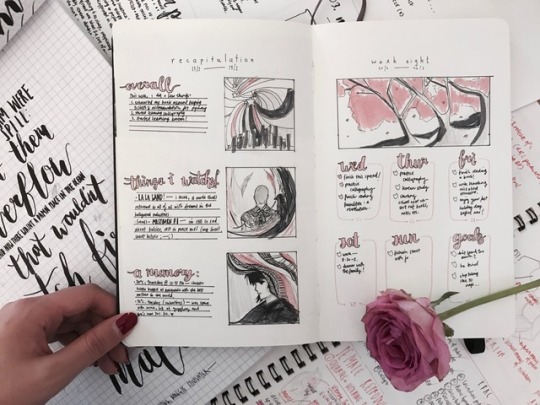
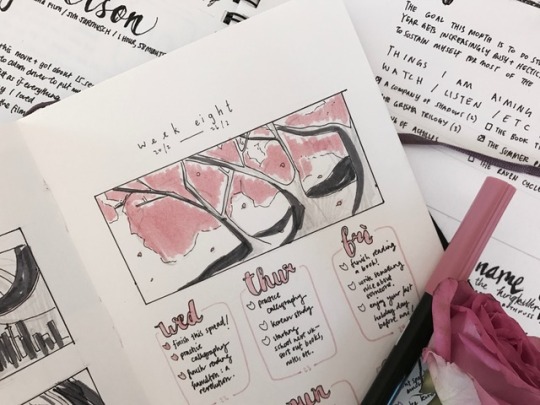
22.2.17— mid week bullet journal spread, since the start of the week was so hectic! + a recap of last week, featuring ronan lynch, my soft son
4K notes
·
View notes
Note
hey, i love your bujo and was wondering if you could suggest some themes/ideas for weekly spreads? thanks! x
hello, and thank you! i’m in a bit of a slump myself, so hopefully these themes can help us both.
JOURNAL SPREAD THEMES + suggested things to add
hogwarts house colors
you could do one color at a time, or multiple!
house mottos
house aesthetic pictures
4 seasons
season aesthetics
simple doodles
goals for that season
space theme
describe your ideal planet
space doodles
doctor who quotes maybe?
library theme
different books you want to read
book quotes
art appreciation
museum pictures
museum tickets if you have them
different art pictures
abstract/detailed doodles
cursive, small lettering
different biomes
underwater, mountains, jungle, etc.
animal pictures
have the colors match the mood
pastels
one color or multiple
cute quotes/doodles
sticky notes
small lettering
bold colors
one color or multiple
bright pictures
big lettering
earth tones
plant pictures
browns/greens/etc.
plant washi
different brands
cutouts of tags/brand names
simple layout
success quotes
stick to one color
simple theme
sticky notes to match color
cute doodles
cursive and regular lettering
garden theme
flower pictures/doodles
plant washi
growth quotes
cursive lettering
places you want to go/travel
pictures of where you want to go
plane/train/boat doodles
vast array of colors
lists of where to go
budget to travel
retro theme
retro colors
retro anime/show pictures
quirky or block lettering
academic theme
list of classes and professors
task lists and test dates
scholar quotes
school-themed doodles
assignment trackers
that was just what i could think of for now. i might make another list if i think of some more!
3K notes
·
View notes
Text
How to Deal with Study Burnout
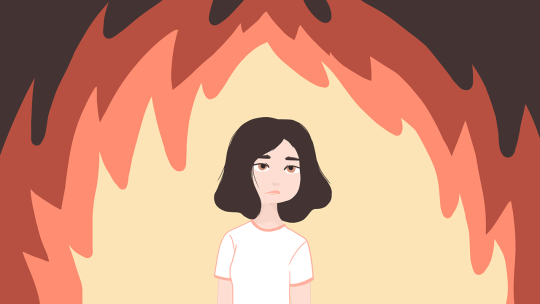
As students in this day and age, it’s quite common for us to juggle rigorous academic responsibilities and overwhelming extracurricular activities. As a result, we might feel burnt out. But what exactly is burnout?
Burnout is when you feel physically and mentally exhausted as a result of constantly lacking the energy required to fulfill the demands of your studying.
Burnout can be broken down into three parts:
Exhaustion is what causes you to feel tired all the time and unable to concentrate. You could also get sick or have trouble sleeping.
Cynicism or depersonalization is when you feel disconnected from those around you, e.g. your friends and family.
Inefficacy is a decrease in productivity, efficiency, or quality of your work.
How do you know if you have burnout?
Symptoms may vary, but they include:
Being unable to absorb new information
Intellectual exhaustion
Decreasing academic performance and productivity
Feeling like you need to prove yourself
Making yourself work even more, even though you’re exhausted or being unwilling to study further
Neglecting your needs
Long term fatigue
Showing disinterest in things you normally enjoy, e.g. hobbies or friends
Denying that something’s wrong with you (may manifest in the form of aggression)
Avoiding social interaction
Feeling empty and depressed
What can I do to fix it?
Here are some short term solutions for dealing with burnout.

1. Take a power nap Power naps are life changing. They help you recharge your energy and get you ready to start working again. They also improve learning, memory, creativity, alertness, and mood. I would recommend napping for 30 minutes at most, because anything more will lead to a longer sleep session.
Optional: drink coffee before your nap - something that takes a short while to consume like a shot of espresso - so that you’ll feel alert and revitalized afterwards!
2. Take a shower A cold one will wake you up, but a warm one will calm you down. I suggest starting with warm water, then ending with cold water.
3. Exercise Whether it’s playing soccer or doing yoga, the important thing is to get moving! Exercise releases endorphins or happy hormones that help you combat stress.
4. Run a quick errand This will help take your mind off things while also getting something done! You’ll also end up walking, which is technically a form of exercise.
5. Call or visit a friend Sometimes what we’re lacking is social interaction, and hanging out with a friend definitely helps. Whether it’s providing you with a distraction or giving emotional support, your friends are always there to help you. Plus, science has shown that being with friends reduces your cortisol (stress hormone) levels.
6. Eat a snack Preferably a healthy one. Eat something with proteins, vitamins, and fibers to boost your mood. Here’s a list of mood boosting foods.
7. Surf the web This requires A TON of discipline, but it’s definitely a game changer. Surfing the web is one of the most relaxing things you could do. I personally look for a good laugh during my study breaks, so I’d watch a comedy or scroll through memes to get those happy hormones up and running.
8. Do an activity you find interesting, e.g. a hobby We all need happiness in our lives, and our hobbies are perhaps the best way to find that joy. You could sit down with a page turning adventure, or go outside and shoot hoops, or listen to a podcast, or even bullet journal, as long as you’re having a good time.
9. Listen to music Music is one of the ways we gain energy, so I always make time for it during the day. However, you should choose the right music, because not all the music you love is going to make you feel energized. For me, it’s pop punk with hard hitting beats, thundering guitars, and really upbeat, enthusiastic vocals. Some of you might be energized by mellow music with dreamy vocals that make you feel like you’re floating in the clouds. If you choose the wrong music, you might just end up feeling sluggish and drained.
10. Get some fresh air Your brain needs 20% of the oxygen in your body. Fresh air brings more oxygen to your brain so that you can think more clearly, feel less tired, and concentrate more easily.
How do I make sure I don’t get it in the future?
Avoiding study burnout in the long term has a lot to do with our study habits - as well as our daily habits. We need to make sure that our bodies and minds receive the things they need, and that we aren’t overworking them.
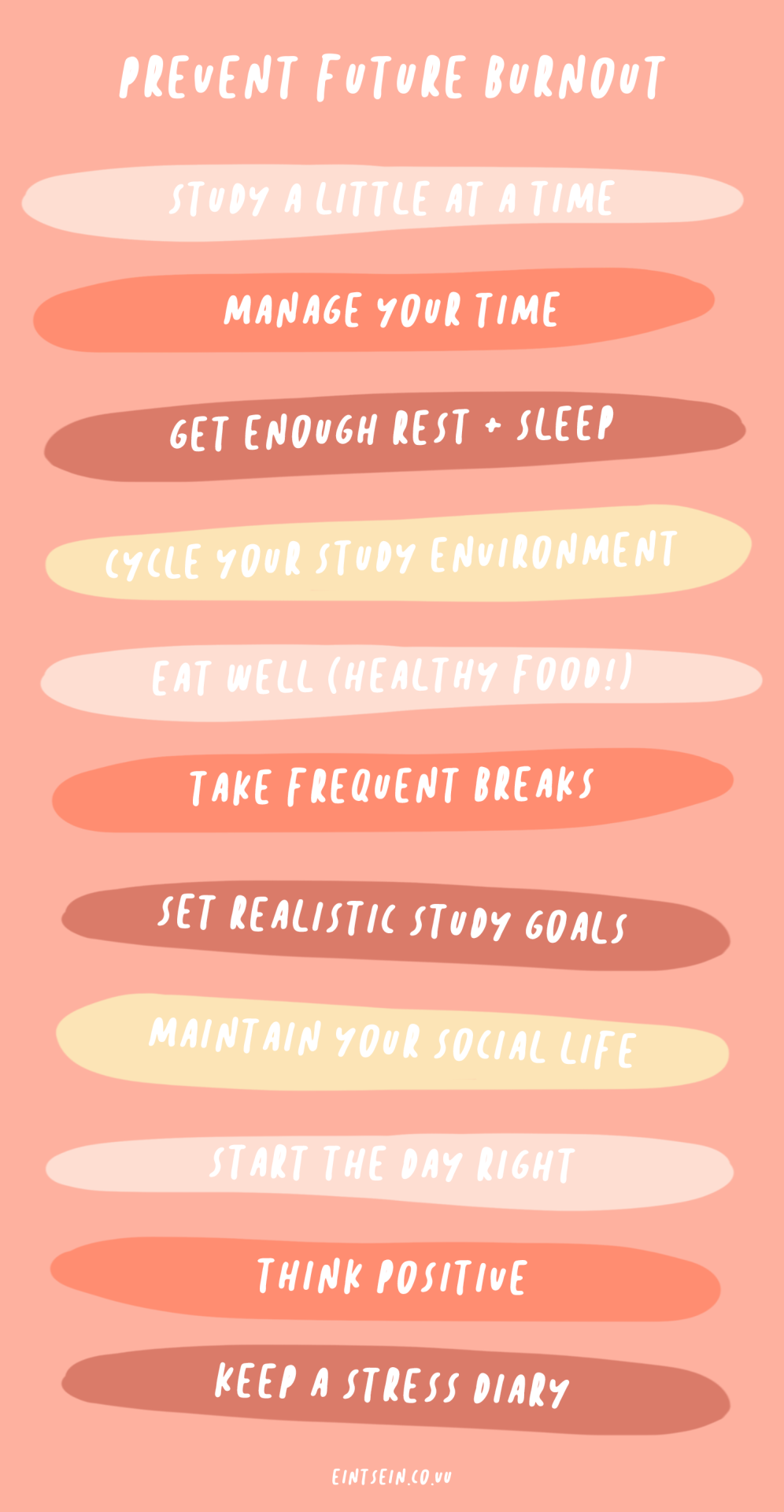
1. Study a little at a time Break up your notes into smaller, more easily digestible pieces and learn a little at a time. This way, you’re not overwhelming your brain, and you have time to let that new knowledge settle in.
2. Time management Having a good study schedule is crucial in preventing burnout. You don’t want to force yourself to work at your slow hours. Aside from that, you definitely shouldn’t leave things until the last minute, and sticking to a schdule will help you pace yourself. Here’s a post I wrote on How to Make an Efficient Revision Schedule and How to Beat Procrastination.
3. Get enough rest I cannot stress enough that sleep is so important for you. It improves your cognitive functioning and also enhances your mood, making it less likely that you’ll get burnt out. Make sure to take power naps, too, if you feel like you need them.
You also really shouldn’t pull all-nighters. Sleep is also involved in cementing memories in your brain, so if you study a little before you sleep, you’re bound to remember more than if you studied a chapter during an all nighter.
Having trouble sleeping? Here’s a post I made about my night routine and how to get better sleep.
4. Cycle your study environments Your body and mind are bound to get tired from being in the same location for prolonged periods of time. The best way to fix that is to study in different places: at your desk, your backyard, the dining table, a cafe, a friend’s house, the library, etc.You should find a frequency that works for you. I like to switch it up every 2-3 days; some people change locations every week.
5. Eat well As I’ve mentioned before, healthy foods with protein, vitamins, and fiber greatly improve your mood and your physical health. Proper nutrition will give your brain the power it needs to push through. Also make sure not to skip meals; honestly you’ll just end up feeling terrible afterwards.
6. Take frequent breaks Let’s face it, we’re human, we’re bound to get tired from studying for a long time. Taking breaks enables our brains to digest the information we just learned in a pace that works for it. Breaks also help us focus on something other than studying, so that when we do get back to it, we’ll be ready to digest even more information.
7. Set realistic study goals You’re gonna memorize all 500 pages of your biology textbook in one day? Good luck with that. Some of you might be compulsive studiers, but this kind of habit isn’t very good for your brain or your physical health. Studies have shown that excess studying can lead to lower productivity, fatigue, and - you guessed it - burnout. In the end, this will result in lower academic performance, perhaps even in the long run. So instead of trying to study so much in one sitting or one day, break up your material into chunks.
8. Maintain your social life Wherever you lie on the introvert-extrovert spectrum, everyone needs social interaction once in a while. It keeps you sane and healthy. Go out with your friends, have a sleepover, or maybe even a study date.
9. Start the day right What we do in the morning can significantly affect our mood for the rest of the day. Sometimes we don’t even feel like getting up in the morning, or doing anything that day. One thing you should do is create a morning routine you enjoy to jumpstart your day. Here are 8 Morning Habits for Productivity.
10. Think positive When we’re feeling burnt out, it’s hard to not think negatively about everything. In reality, that just makes our condition worse. So think positively! Start small, like congratulating yourself for getting out of bed today, and then work your way up to bigger accomplishments, like finishing 2 chapters of your textbook.
11. Keep a stress diary This is kind of a new concept for me, but it’s really great. How it works is that each day, you would write down all the things that made you stressed and how they made you stressed. This will help you identify the things you’re doing that’s causing your burnout, e.g.
Too long study hours? take regular breaks
Too much time in the same place? cycle your study environment
Not eating properly? set aside time to eat healthy meals at least 2 times a day
Not doing the things you love? schedule in time for that, e.g. during your long breaks
Not getting enough human interaction? make a study group
Too much negative thinking? adopt a positive mindset (you can always start small)
Not getting enough sleep? fix your sleep schedule
And that’s all I have for you guys this time. Hope these tips will help you manage your stress and study burnout whenever you have them. And if you have any questions, don’t hesitate to drop an ask!
P.S. if any of you want to see the images in this post in better quality, click here (link to google drive)
29K notes
·
View notes
Photo
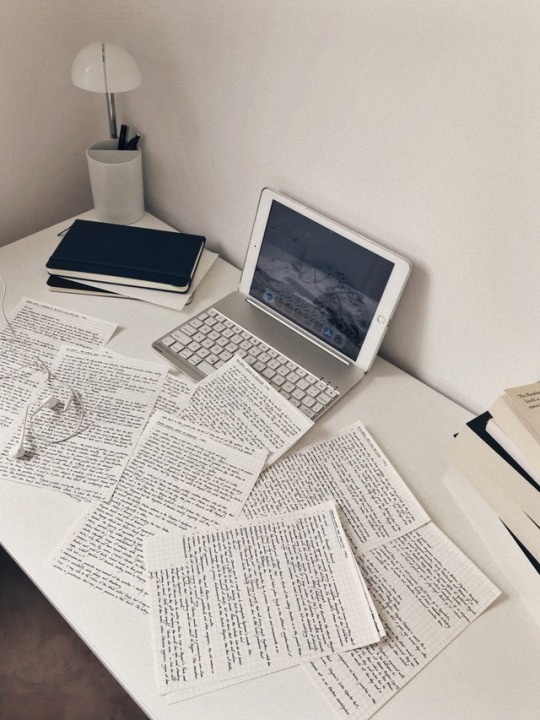
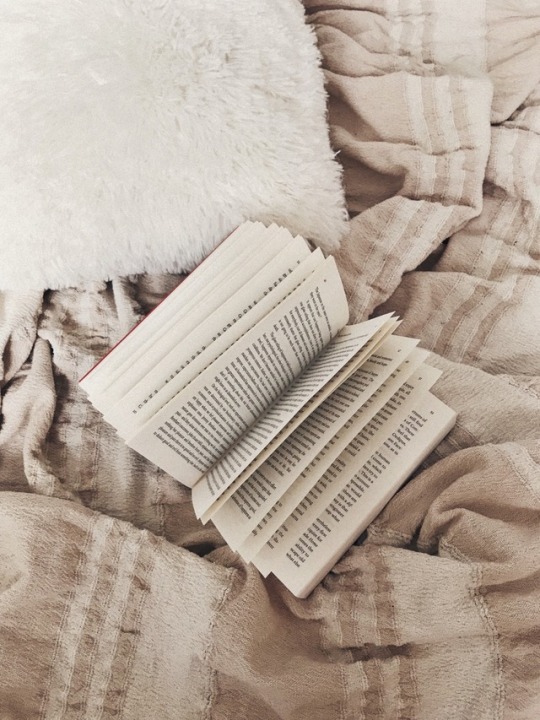
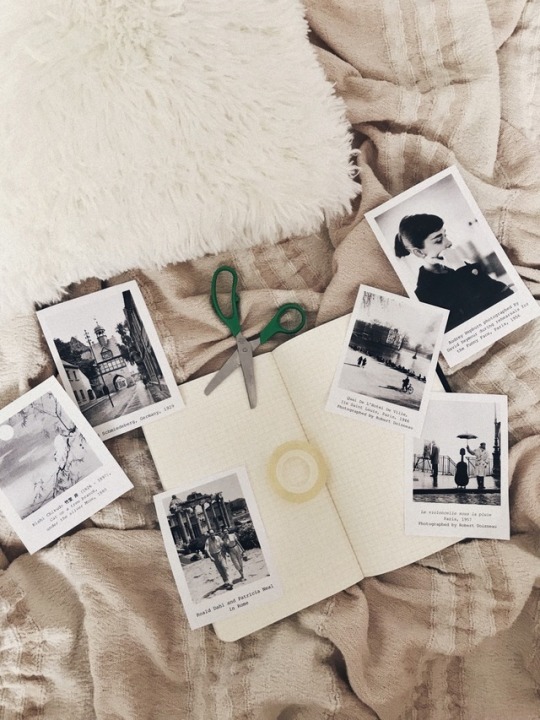
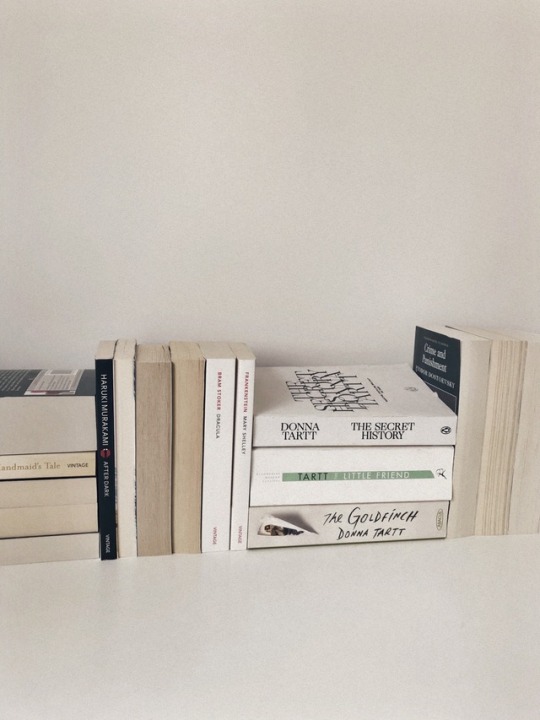
Currently reading: Homo Deus by Yuval Noah Harari ― “Humans are rarely satisfied with what they already have. The most common reaction of the human mind to achievement is not satisfaction, but craving for more.”
27K notes
·
View notes
Photo

— where there is hope, there are trials (bts “sea”) 💌
376 notes
·
View notes
Photo

𝒕𝒉𝒆 𝒔𝒖𝒏 𝒊𝒔 𝒔𝒉𝒊𝒏𝒊𝒏𝒈 𝒂𝒏𝒅 𝒍𝒐𝒐𝒌 𝒂𝒕 𝒚𝒐𝒖 𝒔𝒎𝒊𝒍𝒊𝒏𝒈. 𝐰𝐞𝐥𝐜𝐨𝐦𝐞 𝐣𝐮𝐥𝐲!
ig : @jestudyign.
3K notes
·
View notes
Photo


journal series: I’m usually not timid to show any of my journal entires. Because they’re helpful, therapeutic, and fun to do sometimes. But this one. This one is hard. I’m scared and vulnerable and shy to post something like this because it’s a side that I don’t like to show. It’s not fun or glittery or colorful. But it’s real and it’s 100% me. And I guess if it can help others then it could be worth it.
One of my Communication professors talks a lot about power. The power we give to people, to words, to titles. I hate how much power I give to anxiety. Because one day, I’m good. I’m good and I’m getting better and better. But then something so small and insignificant and utterly stupid happens and just like that, the good is gone. I let it take over me. I give it power.
I hate feeling this way. I hate loosing my power. I hate being so sensitive to things that probably don’t matter in the long run. I hate that a perfect day can be ruined by my own brain. It sucks. But we need to remember that feelings may suck but they remind us that we’re human.
The photos? Click. Zoom in. I don’t mind if you read what I’ve typed up there, or down here. The stuff I spilled out onto my keyboard and printed out are embarrassing but they’re feelings and they’re real and I need to remember what feeling is like sometimes. I’m learning that mistakes exist so you can learn from them. And I’ve got a lot; more than I can count. But I guess that’s okay. Learn from your mistakes. Grow. We’re gonna be okay. Just maybe not today.
899 notes
·
View notes
Photo

Auguste Rodin - Eternal Springtime, 1884
33K notes
·
View notes
Photo


Since I’m so stubborn, sometimes I have a really hard time just letting things in life be. I’m constantly reminding myself to just accept things for what they are; some things are just out of your control. Also, found an old black and white magazine scrap and decided to color in this pretty woman’s dress with a marker; kinda love how it turned out (: I hope you have an awesome week!
Now Playing:
We Find Love- Daniel Caesar
They Don’t Know- Ariana Grande
2K notes
·
View notes
